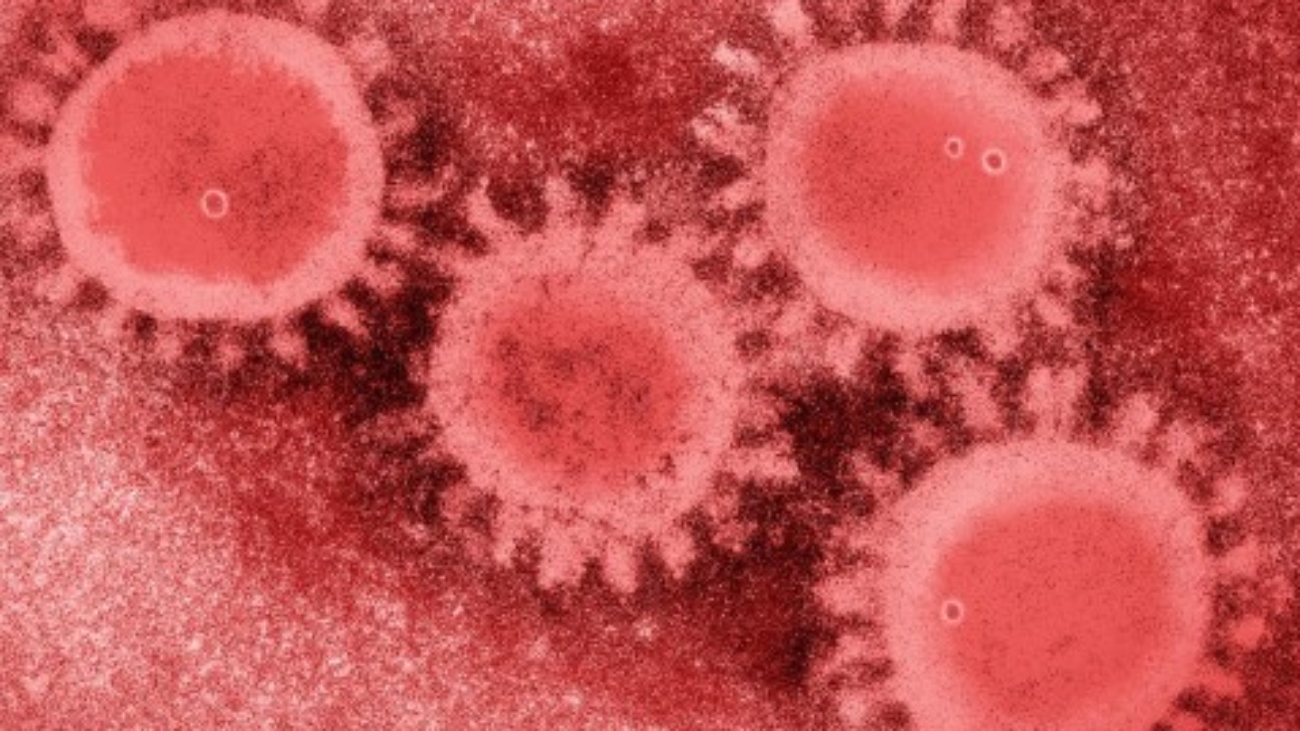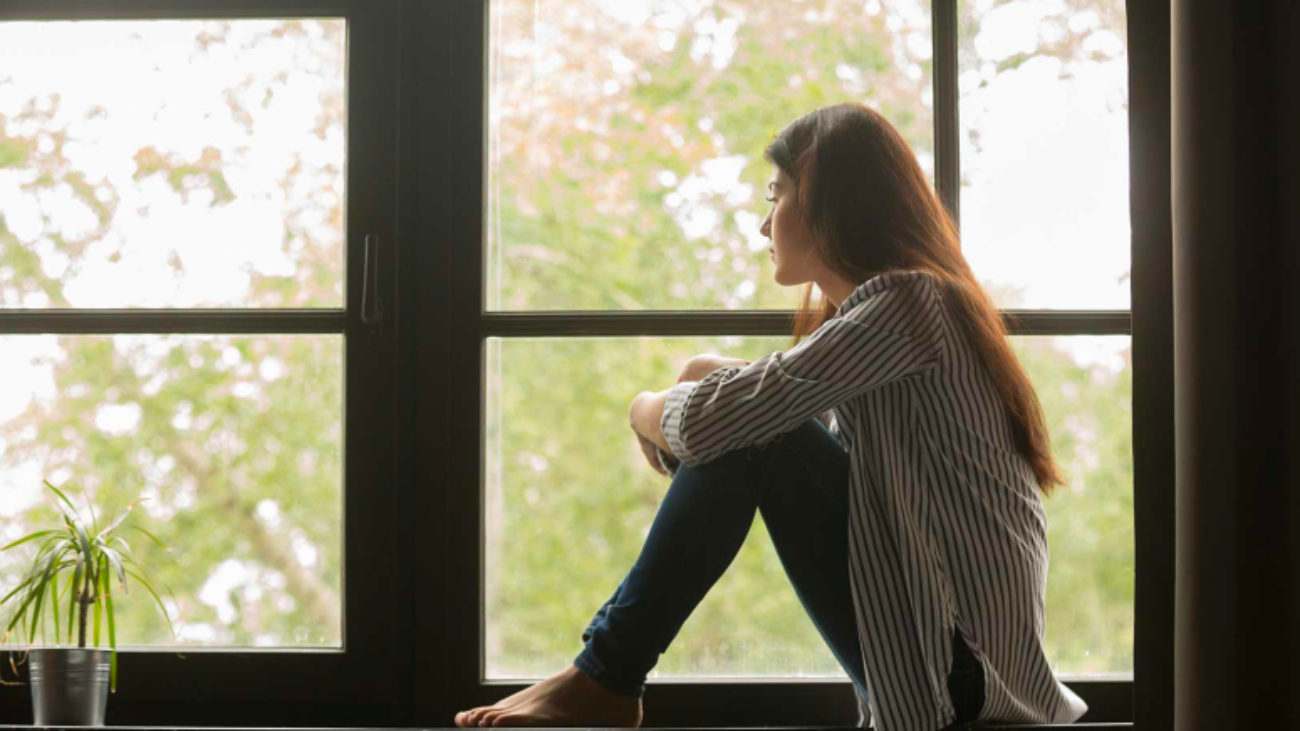There are some similarities between influenza and coronavirus. But there are some really significant differences as well
1. Myth: Coronavirus is just like the flu.
Coronavirus is new. We don’t know a lot about it. We still don’t know how many people will die as a result of this epidemic, and we do know that for flu. We don’t know how many people will be impacted by this epidemic when it’s all played its course, and we also know that for flu.
Flu impacts tens of millions of Americans every year, leads to hundreds of thousands of hospitalizations and tens of thousands of deaths.
We haven’t seen the coronavirus reach that level yet, but it’s still something we’re obviously really concerned about.
2. Myth: What happens here in the U.S. is going to look just like what happened in China and in South Korea and in Italy.
We have no reason to think that’s going to be the case. What happened in China was really different circumstances. Who knows how long coronavirus was smoldering in those communities before we started recognizing it and testing for it?
Very likely there were many, many thousands of people already sick with coronavirus in Wuhan and in China at large before we ever sent the first test.
Italy: also very different circumstances. Very different health care system there, some different social conventions and a different level of scrutiny at the beginning of this crisis.
We have full faith that our response here in the United States is going to lead to far fewer affected individuals and much less significant serious disease.
3. Myth: Staying home and hoarding food is going to help you in the long run.
The grocery store is probably one of the worst places you can go as there is so much traffic and so many people touching various items on the shelf. There are plenty of people with needs, and keeping 30 rolls of toilet paper in your downstairs bathroom isn’t helping anybody.
Getting out of doors and spending some time outside helps alleviate stress, helps keep you healthy, helps boost your immune system and does a lot to benefit you in the midst of everything that’s going on right now. It also creates some great social distance and can help you from potentially getting exposed to a virus or having a transmission.
© 2020 Buckeye Nation Rewards
 Cart is empty
Cart is empty 

